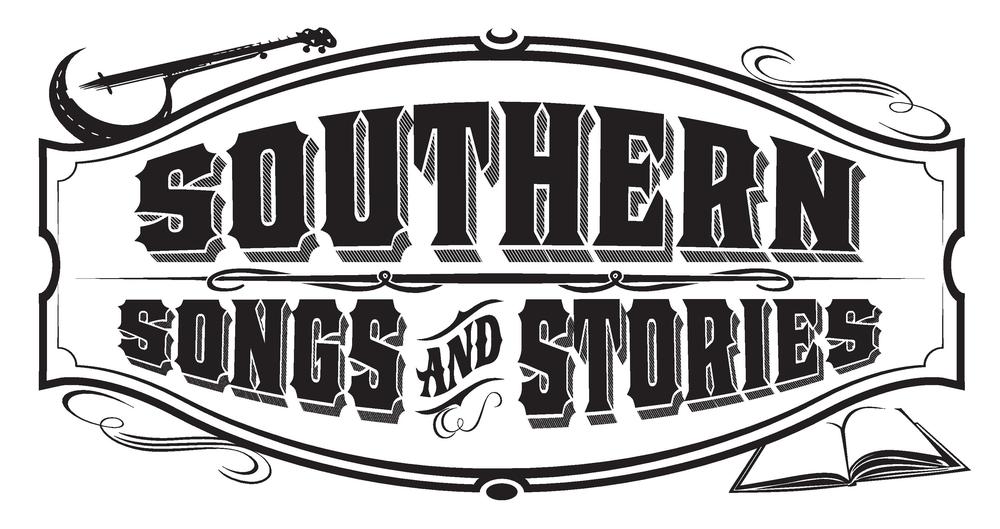 We continue our series exploring the positive aspects of music, whether they are concrete, philosophical, personal, technological, or have to do with the business itself. It's an open-ended conversation starting with artists who have been featured in our video series, and now we turn to Jonathan Scales of the Jonathan Scales Fourchestra (pictured here). Their mission statement is "melting faces and touching lives though complex melodic intricacies over metrically juxtaposed rhythmic foundations", and their latest album, Character Farm, accomplishes that in grand fashion.
We continue our series exploring the positive aspects of music, whether they are concrete, philosophical, personal, technological, or have to do with the business itself. It's an open-ended conversation starting with artists who have been featured in our video series, and now we turn to Jonathan Scales of the Jonathan Scales Fourchestra (pictured here). Their mission statement is "melting faces and touching lives though complex melodic intricacies over metrically juxtaposed rhythmic foundations", and their latest album, Character Farm, accomplishes that in grand fashion.
I have always enjoyed a good debate about the merits of music, about what is good and what is bad. From the sound of his essay, Jonathan seems to have these conversations fairly often. I hope you enjoy his entry in our series and may take time to comment here or write to us at linguamusicashow@gmail.com (especially if you would like to be featured). Let the music guide you! -Joe Kendrick
-------------------------------------------------------------------------------------------------------------------------------------
In the past few years, I've found myself in the middle of countless arguments about musical tastes. On the majority of these occasions, I'm in the position of having to personally defend music that I genuinely enjoy. I'll spare you from my rattling off of artists that I place in my 'guilty pleasures' category, but instead share my views on sound that have led me to what some would call a "too open-minded" approach to listening.
Before going any further, I want to stress that this essay is merely a glimpse into my own thoughts about sound. It's not intended to sway anyone's preexisting approaches to music.
Oftentimes, when a person becomes more educated in the way of an art form, their focus becomes very unidirectional and limited. Examples of this are the jazzer who avoids everything that doesn't vibe with
Coltrane and the principle violinist who shrugs off anything written post-
Brahms. Of course everyone has the right to take in art in their own way, but in my experience, there have been such great things that I've been exposed to that i wouldn't have even known existed if i had set such limitations.
I've found that my personal taste in art expands bidirectionally : the more i learn about progressive techniques in neo-classical and modern jazz, the more i understand and appreciate folk and pop.
As emotionally detached as it may seem upon first thought, my approach to listening is based on first breaking music down to it's absolute, simplest form. To me, that musical molecule is simply SOUND over TIME. On this basic level, human ego is completely eliminated and you're faced with the raw material, which is a collection of sounds existing together across a finite amount of time. All of a sudden you have
Mozart sharing the same building blocks as
Britney Spears and you have the
London Philharmonic connecting with the clattering of machines in a factory.
The next step, of course, is where the ego finally emerges. At this stage, those previously mentioned bundles of collected sounds are either liked or disliked based on a complicated combination of peoples' life experiences, social surrounding, education, current mood, season, peer & media pressure, etc. Approaching art this way has helped me to keep an open mind with regards to other artist's work and other people's tastes.
As if this article wasn't wacky enough.....I like to think about musical elements like an infinite mixing board, where each fader represents a different attribute in the music. I envision faders on this imaginary mixing console determining factors such as:
- what instruments are in the song?
- how profane is the song?
- how much is improvised?
- how dynamically varied is the piece?
- how much effect does pop culture have on the outcome?
For example, on this "magical mixing board", a jazz tune would show the "improv" fader riding high and the "profane" fader low. A pop tune on the radio would show the "pop culture influnce" fader riding high, but low marks on the "dynamic variation" fader.
I know that's a lot to try to imagine for one session...but the moral of the story is that I won't judge someone's taste in music because their "fader settings on the imaginary mixing board of possibilities" are set at different levels than mine. -Jonathan Scales
 We continue our series exploring the positive aspects of music, whether they are concrete, philosophical, personal, technological, or have to do with the business itself. It's an open-ended conversation starting with artists who have been featured in our video series, and now we turn to Jonathan Scales of the Jonathan Scales Fourchestra (pictured here). Their mission statement is "melting faces and touching lives though complex melodic intricacies over metrically juxtaposed rhythmic foundations", and their latest album, Character Farm, accomplishes that in grand fashion.
We continue our series exploring the positive aspects of music, whether they are concrete, philosophical, personal, technological, or have to do with the business itself. It's an open-ended conversation starting with artists who have been featured in our video series, and now we turn to Jonathan Scales of the Jonathan Scales Fourchestra (pictured here). Their mission statement is "melting faces and touching lives though complex melodic intricacies over metrically juxtaposed rhythmic foundations", and their latest album, Character Farm, accomplishes that in grand fashion.